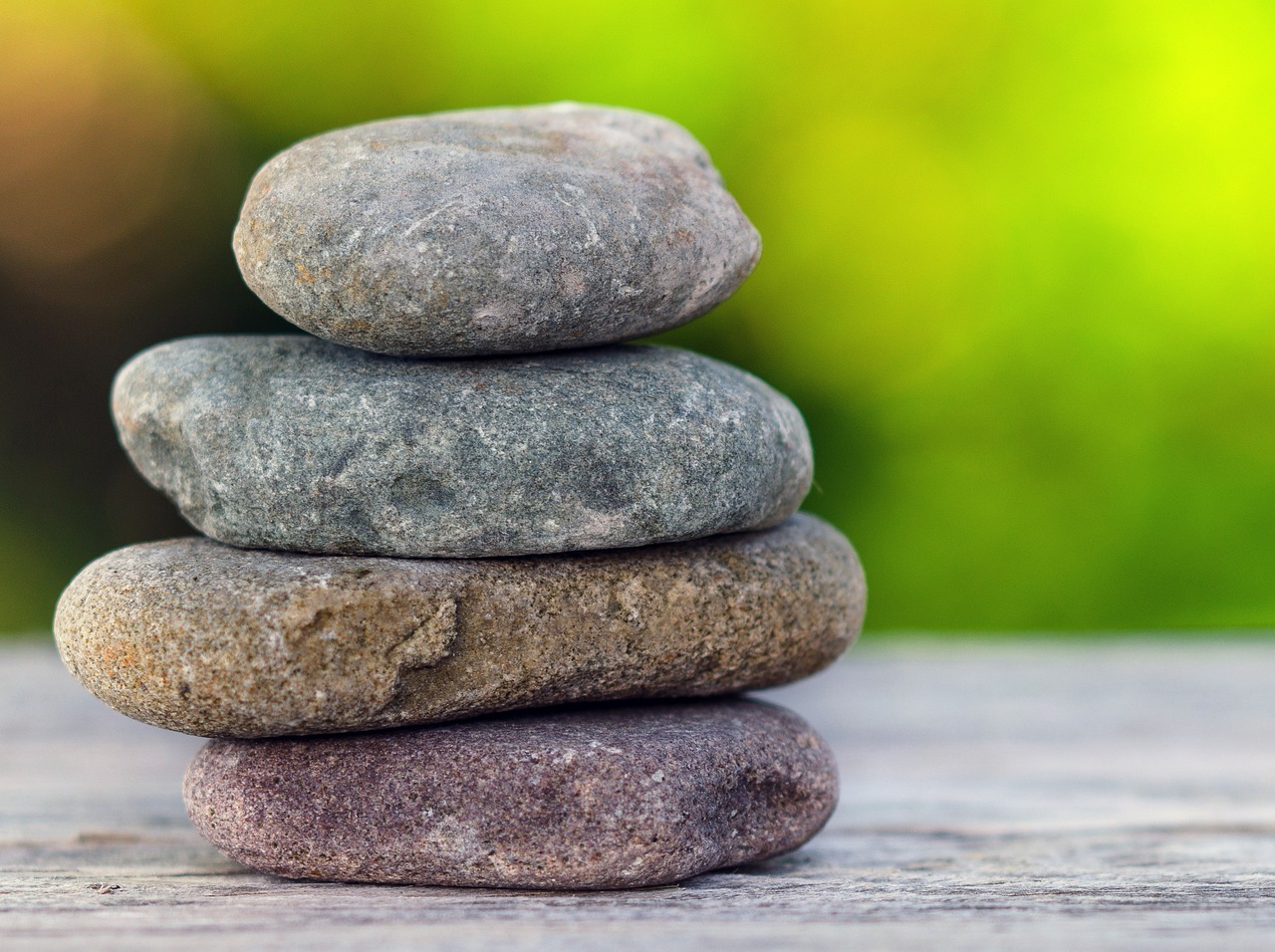To ask people to become more aware of what blocks them on the path to true self-knowledge often meets with resistance. The response may be: ‘Surely I do know who I am at this stage of my life.’ or ‘There are many things in my past I really don’t want to face; there is no need for that, I have coped, I am alright as I am.’
Of course we know who we are at one level. But what we are talking about is our surface self, caught and conditioned by past experiences. We may even accept at the intellectual level that perhaps we are more than we think we are. We may take on board that the ego is not the whole of our being; we believe the saying that the Kingdom is also within us. But we need to do more than just accepting this in trust and hope; we need to work towards experiencing this truth for our self, which is often too challenging.
John Main was very aware of this. In ‘Fully Alive’, he explains that “Most of us spend quite a lot of our energy suppressing feelings of guilt, fears, whatever it may be. When you begin to meditate, after some time those suppressions are taken off and so the fear that you are turning from, or the guilt you are trying to bury, gradually bubbles up to the surface and so you may find, after your meditation, that instead of feeling more deeply relaxed, you can feel vaguely anxious, vaguely worried, you are not sure why.”
At this point many of us turn away and think ‘Meditation is not for me; I must be doing something wrong; it is not helping me at all’. The misunderstanding of meditation merely as a form of relaxation, a way of forgetting our problems and of suppressing parts of our nature we do not like to be confronted with, can mean that we practice for years without any increase in awareness of our potential. Rather than coming to self-knowledge and integrated wholeness we remain fragmented.
And yet we hear Jesus in the ‘Gospel of Thomas’ say: “When you know yourselves, then you will be known, and you will understand that you are children of the living father. But if you do not know yourselves, then you dwell in poverty, and you are poverty.” (Gospel of Thomas 3)
Of course do want not want to ‘dwell in poverty’; we do want to experience this sense of wholeness, integration and harmony. The reason why we think we cannot do this is, that we assume it is a task we have to achieve on our own. But John Main continues: “The power of meditation is this: as you persevere on the path, the thing that you are suppressing or the fear that you cannot face or the guilt that you do not want to admit to is, as it were, burned away in the fire of Divine Love. Very often, you will never consciously know what it was, but it is gone and it is gone for ever.”
There is therefore nothing to strive for; it is not an ‘achievement’– ‘achievement’, ‘goal’ are words of the ‘ego’ and therefore not relevant on this path. We just need to remember the Divine spark inherent in our human nature. The hope and trust coming from the knowledge of this innate potential does make our practice of meditation meaningful and lifts it from the realm of mere relaxation.
Image by No-longer-here from Pixabay





